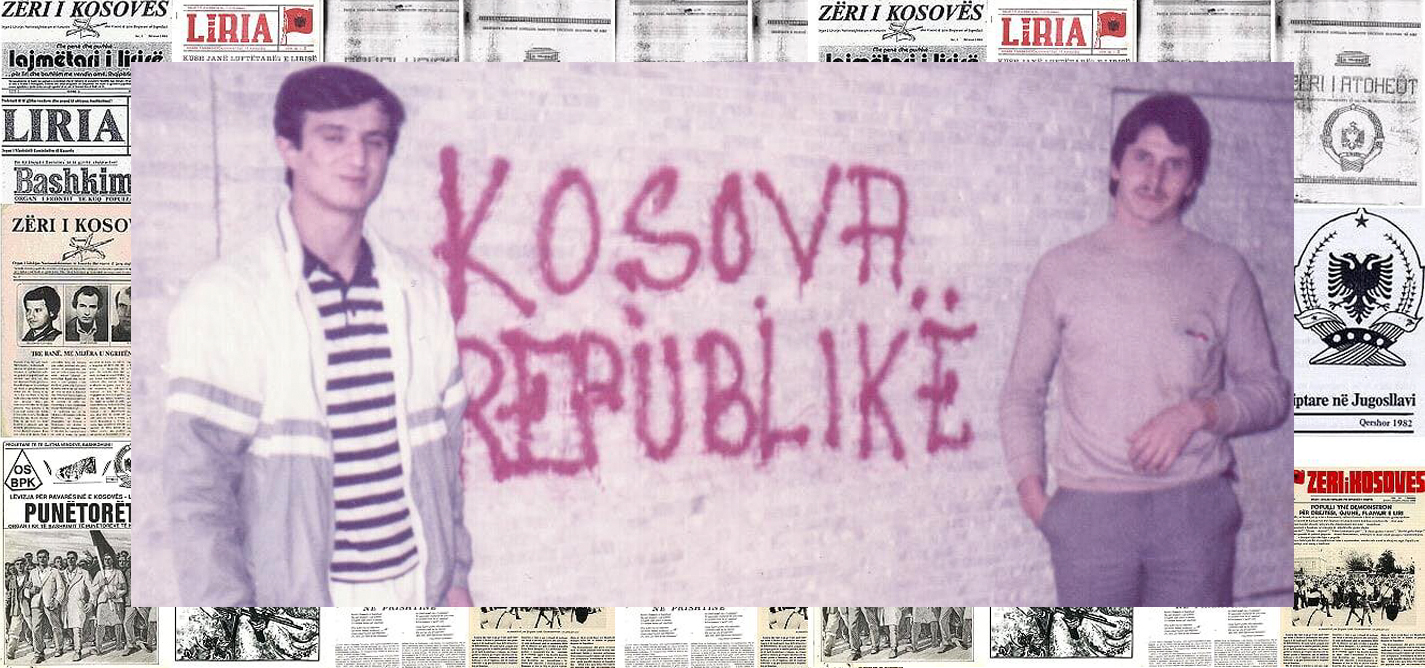
Decades of departures
The Kosovars who sought a better life elsewhere.
“The night we arrived in Brussels, we decided to stay at a hotel, to eat and shower and report to the police the next day.”
“My illegality in Germany was paid for by the money we made by selling some land.”
Fatlum Sadiku“I think the book that I had bought in Prishtina saved me."
Fatlum Sadiku“We couldn’t meet each other — it was too late. The police wouldn’t let us.”
“Abdullah said, ‘Osman should go and work in the movement, especially since his family back home is struggling as well, so he can help the cause and his family simultaneously.’”
Osman OsmaniWhere are they now?

Ngadhnjim Avdyli
Ngadhnjim Avdyli is a former K2.0 staff journalist, covering mainly politics, governance and social justice issues. He has a degree in journalism from the University of Prishtina.
This story was originally written in Albanian.